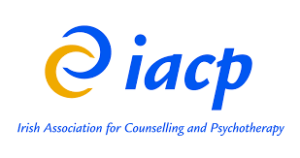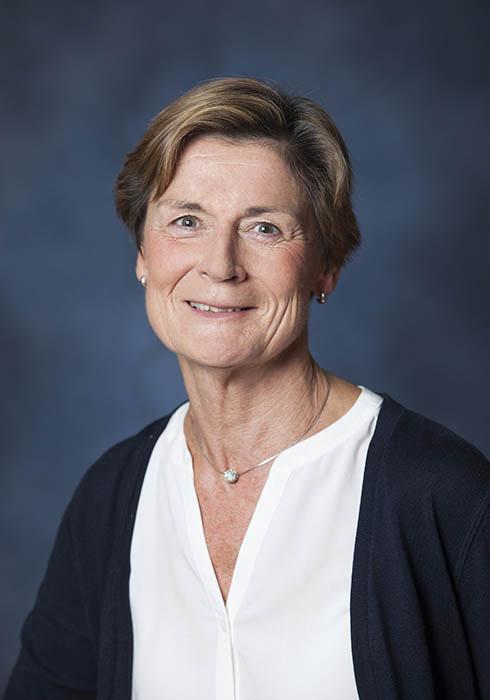Patricia’s fee per 50 minute session is €80 for individuals
Psychotherapy Training and Accreditation
Patricia completed a five year training program in the School of Psychotherapy and Counselling at Regent’s University London with clinical placements in the Mental Health Unit at Charing Cross Hospital and at the London Irish Women’s Centre.
Patricia is accredited with the Irish Association of Counselling and Psychotherapy (IACP). She has also been accredited with UK Council of Psychotherapy (UKCP) and the British Association for Counselling and Psychotherapy (BACP).
Patricia’s qualifications include: MA in Psychotherapy and Counselling, Advanced Diploma in Integrative Psychotherapy, Certificate Courses in Eating Disorders, CBT and Mindfulness. She trained in Relationship Counselling at the Tavistock Clinic, London.
Patricia continues to expand her knowledge and meet professional requirements with annual certified CPD.
Counselling and Psychotherapeutic Approach
Patricia is a compassionate, caring therapist who works alongside her clients, helping them to face both the apparent and also the more hidden problems of their inner and outer world.
She describes herself as an integrative psychotherapist, working psycho-dynamically. The ‘integration’ of her approach has evolved from her training, teaching and supervising and in the development of her own private work. The three main theories which underlie Patricia’s approach are, person centred, psychodynamic and cognitive behavioural.
While the bedrock of Patricia’s thinking and understanding lies in gaining insight into unconscious processes of the mind, she has learned to incorporate and draw on relevant aspects of many other theories and approaches and to employ them resourcefully in her work. This enables Patricia to work in a ‘bespoke’ way – flexible in her approach and attuned to the individual needs of each person she works with.
The rationale for Patricia’s work is to form a therapeutic relationship built on trust and respect, deeply grounded in the IACP Ethical Framework for Good Practice. Her aim is to get to know and understand how the client is with her, and in their world, both at a conscious and unconscious level. Patricia advocates a collaborative approach – a joint endeavour – in helping people to come to know and accept themselves and to find their own meanings and ways through their questions, decisions and difficulties.
The help that Patricia offers ranges from short-term psychotherapy focused on a specific problem such as a major life change or bereavement, to open-ended psychotherapy for a deeper personal exploration. The decision on length of therapy is flexible and can be adjusted and amended to meet individual needs.
Counselling Experience and Areas of Interest
Prior to working in Dublin, Patricia worked in the NHS and in private practice in London for ten years, offering psychotherapy and counselling to individuals. She also provided clinical supervision to fellow psychotherapists.
Patricia has held the following positions: Associate Therapist – Mental Health Unit, Charing Cross Hospital, Associate Lecturer at University of Surrey (psychodyamic theory), Visiting Lecturer at Regents University London (psychoanalysis/skills training), Clinical Supervisor at the Awareness Centre, Clapham (Individual and Groups) and Clinical Supervisor at University of Surrey (Doctorate Course case studies)
In building a practice in Central London, Patricia has come to recognise presenting difficulties, struggles and problems for individuals and couples as ‘Life Concerns’ and explains: “There are times in most people’s lives when they experience emotionally painful events or have unwanted feelings from which there seems no escape. Sometimes the cause is clear – a difficult relationship, a bereavement or an illness. Sometimes, however, we feel our lives have become intolerable, unbearable or overwhelming, that we are repeating the same old difficulties time and time again or we just feel stuck.”
Patricia recognises that within these concerns there is usually a degress of ‘unease’ – an unknown fear or dread– that we recognise as ‘anxiety’. This ‘anxiety’ is often a warning sign that some well known coping strategy is no longer working or is under threat. While trying to ‘keep the show on the road’ it is this anxious ‘warning’ that might galvanise us to seek help. This is often where therapy begins.
While therapy is not an advice service it does offer support and helps us to understand what is going on in our lives. Once difficulties and struggles are clarified people usually experience great relief and most importantly are in a position to take charge of their own lives. Therapy also helps people to come to terms with unexpected changes in their lives.
Patricia’s areas of of particular interest/experience include but are not exclusive to the following: Abuse, Anxiety, Bereavement, Conflict, Depression, Eating Disorders, General Life Concerns, Mental Health Issues, PTSD, Post Natal Depression, New mothers/fathers, Relationships, Sexuality and Trauma.



